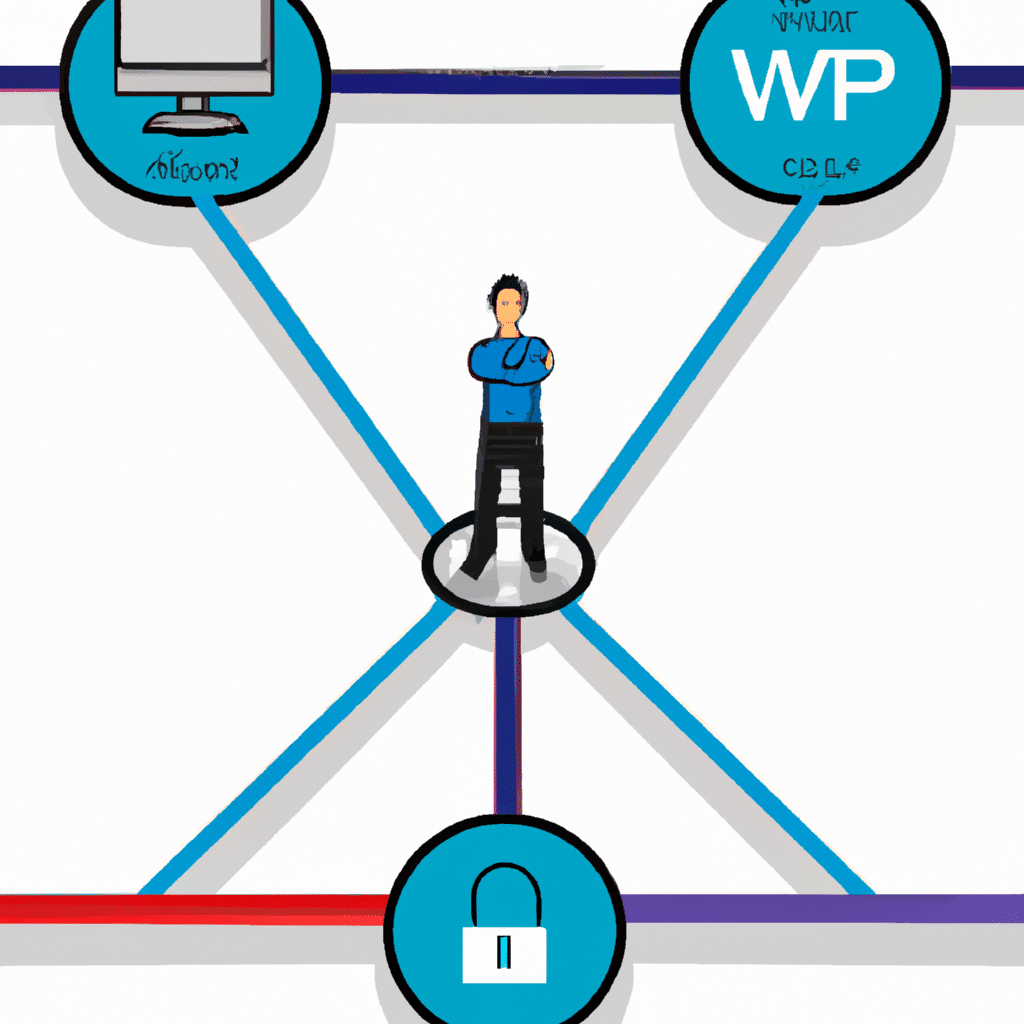As the world becomes more digital, businesses are increasingly relying on the internet to conduct their operations. However, with the increasing use of the internet comes a growing concern about online security. Small businesses, in particular, face a greater risk of cyber-attacks due to their limited resources to invest in online security. Virtual Private Networks (VPNs) have emerged as a popular solution to this problem. In this article, we will explore the pros and cons of VPNs for small businesses.

What is a VPN?
A VPN is a private network that allows users to send and receive data over the internet while maintaining the privacy and security of their data. VPNs are designed to create a secure tunnel between a user’s device and the internet, encrypting all data that passes through it.
Pros of VPNs for Small Businesses
Increased Security
One of the main benefits of VPNs for small businesses is increased security. VPNs encrypt all data that passes through them, making it difficult for hackers to intercept and decipher the data. This is especially important for businesses that deal with sensitive data such as financial information, customer data, and intellectual property.
Remote Access
VPNs allow employees to access company resources from anywhere in the world, as long as they have an internet connection. This is particularly useful for small businesses that have employees who work remotely or travel frequently.
Cost-effective
VPNs are a cost-effective solution for small businesses that want to improve their online security. Most VPNs offer affordable pricing plans that are well-suited to the budget constraints of small businesses.
Bypass Geographical Restrictions
VPNs can be used to bypass geographical restrictions that may prevent small businesses from accessing certain websites or online services. This can be particularly useful for businesses that operate in countries with strict internet censorship laws.
Easy to Use
VPNs are easy to use and require no technical expertise. Most VPNs offer user-friendly interfaces that make it easy for small business owners and employees to set up and use the VPN.
Cons of VPNs for Small Businesses
Slower Speeds
VPN connections can be slower than standard internet connections due to the encryption process. This can be particularly problematic for businesses that require fast internet speeds for their operations.
Limited Server Locations
Most VPNs have a limited number of server locations, which can be a problem for businesses that operate in multiple countries or regions. This can lead to slower connection speeds and reduced reliability.
Security Risks
While VPNs are designed to improve online security, they can also pose security risks if not properly configured. Businesses that use VPNs should ensure that their VPN provider has strong security protocols in place to protect against potential security breaches.
Limited Tech Support
Many VPN providers offer limited technical support, which can be problematic for small businesses that lack the technical expertise to troubleshoot VPN problems on their own.
Potential for IP Blacklisting
Some VPN providers use shared IP addresses, which can lead to the IP address being blacklisted if another user engages in illegal activity. This can cause problems for small businesses that rely on the VPN for their operations.
Conclusion
VPNs offer many benefits to small businesses, including increased security, remote access, and cost-effectiveness. However, they also come with certain drawbacks, such as slower connection speeds and limited server locations. Ultimately, whether or not to use a VPN for your small business depends on your specific needs and priorities. As with any online security solution, it is important to carefully evaluate your options and choose a VPN provider that meets your needs and budget.












